Be fair. Theresa May’s plan actually half-worked. No, there was a plan. I know the consensus now seems to be that the entire election was motivated by little more a succession of senior Tories saying ‘Gosh yes, everybody loves you!’ to the Prime Minister while Fiona Hill and Nick Timothy stood behind her chair, slapping truncheons into their palms. Only that’s not how it was.
Once, there was philosophy here. There was a plan to cut loose the liberal, urban, Remainiac middle classes, and draw in a new working-class Tory vote instead. And, like I said, it half-worked. As in, the working classes might not have got the message that the Tories were now a party for them, but the urban middle classes surely got the glaring hint that it now was not for them.
You can see it in polls. YouGov last week gave Labour an 11-point lead over the Conservatives among ABC1s. Or if you want, you can see it encapsulated in the social care fiasco, which, even more than that diode blowing in Theresa May’s motherboard, was perhaps the pivot on which the Tory’s election fortunes turned.
To recap, in case memories already fade, this was the policy whereby people worth more than £100,000 were to be asked to pay their own care costs, thereby preventing them from being able to gift this money, posthumously, to their children. Two months on, the dynamics of that fight still feel all wrong. In a straightforward world, it would be Labour that was keen to get its claws into unearned inheritance, and the Conservatives outraged at the very thought. All of Mayism can be encapsulated in the way that, for the briefest of periods, this polarity was reversed.
I’m not convinced Theresa May actually ever understood Mayism. How could one tell? Maybe it wasn’t even Mayism, but Timothy-ism. Still, whatever it was, that U-turn on that policy mid-election was the point where it died. It was a glimpse, though, of the terrain on which the future fundamental battles of British politics are going to be fought. With on the one hand a Conservative party which plans to make the middle classes pay for things, and on the other a Labour party which plans to give the middle classes everything they want for free.
‘Not just the middle classes!’ you may cry, and this would be fair. Still, if we were to ask the question, Mrs Merton-style, ‘What was it which first attracted relatively wealthy professionals to a party which promised them more money for healthcare, schooling, higher education and social care?’ then it seems just a little disingenuous to suggest the answer would be ‘altruism’. Yet this is the answer these people often do give. Providing these things universally, they’ll say, not even blushing, removes the stigma from people who really need them. It provides a social consensus, in which everybody has a stake. All of which just seems increasingly… well, a little convenient.
Obviously life is far harder than it used to be for young graduate professionals, and an increased reliance on the state (which the Labour vote represents) would be a completely natural, self-interested response. Today’s Labour middle classes, though, do often sound a little bit like they themselves don’t quite recognise that this is the dynamic here. ‘It is vital that we keep having free healthcare and education so that you do, too!’ they’ll say, effectively, to the far poorer. Or better still, ‘My mediocre philosophy degree contributes to the intellectual health of the nation at large!’ And at what point, I’m wondering, do the people who aren’t ever going to have a mediocre philosophy degree call bullshit on that? At what point do they look at the resources doled out to people far richer than them and ask bluntly whether this alliance is really working in their favour?
Labour is not an intellectual party right now, which is why the growing fundamental incompatibility between universalism (to which the left is irrevocably committed) and social justice (to which the left is also irrevocably committed) appears nowhere on the Corbynite radar. The Tories, meanwhile, have had a taste of big ideas and gone off them in a big way. Still, the fight will come, if not from the Tories then somebody else. ‘Do you really want to pay for another generation of bastards like that?’ somebody will snarl sooner or later to the voters of all the places I never go. Worst of all, they’ll have a point. Mayism, but with menace and with righteous zeal. Unencumbered, even, by May.
In other news, thanks to other commitments, I’m afraid I’m off. I’ve been in this slot for slightly over a decade. I came here after the unsurpassable Frank Johnson died, and Matt d’Ancona, my first editor, found himself with a blank page to fill. My first column was about Big Brother. How patient everybody was.
I’ve loved being in The Spectator from the start, not least because there’s something very special about a publication that lets its writers feud so merrily. Even before Brexit, James Delingpole and I used to snarl at each other about environmentalism every other month. Three years ago, Fraser Nelson, the editor, happily ran a letter from me slagging off his own magazine’s cover story from the week before. That’s pretty special. It is also, I think, what The Spectator is all about.
For me, it’s the last five years in which things have really come alive. Through coalition, through the Scottish independence referendum, and through Brexit, this page is where I figured out who I was. Readers, I must say, seem to have had me figured out long before I did. How proud you’ve all made me feel to be a part of this place, even when you were cross. I’ll miss you. See you around.
Hugo Rifkind is a writer for the Times.
Got something to add? Join the discussion and comment below.
Get 10 issues for just $10
Subscribe to The Spectator Australia today for the next 10 magazine issues, plus full online access, for just $10.
You might disagree with half of it, but you’ll enjoy reading all of it. Try your first month for free, then just $2 a week for the remainder of your first year.




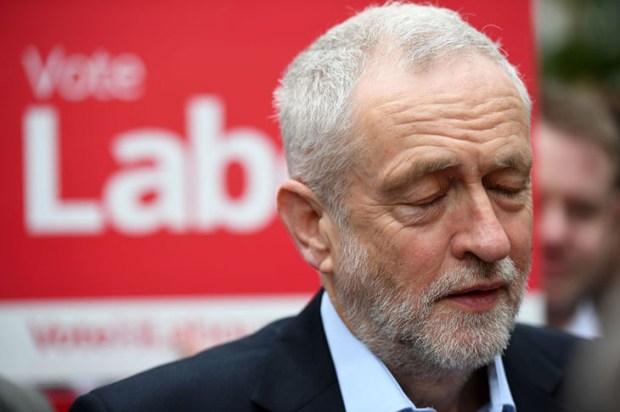
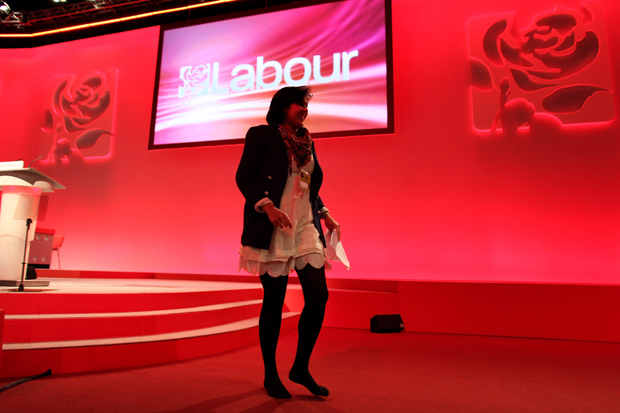
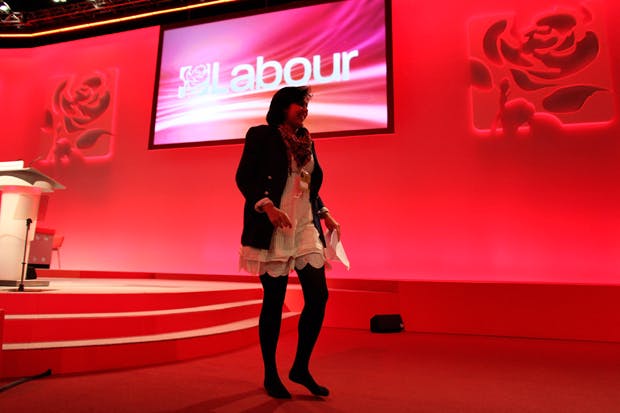
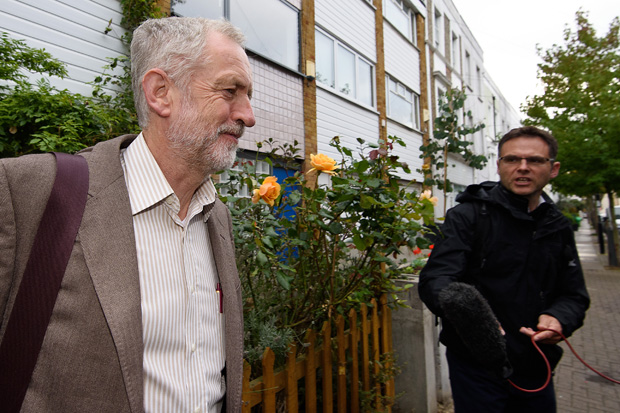
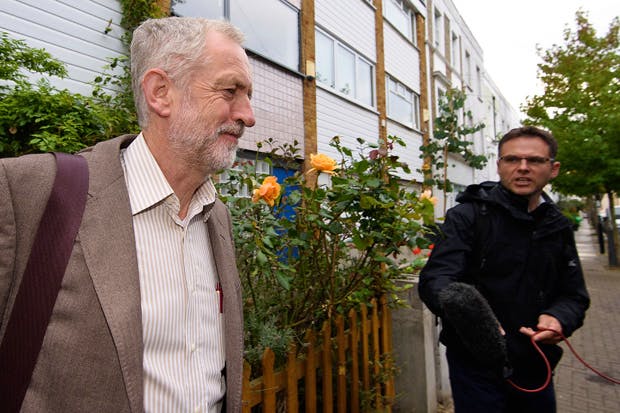






Comments
Don't miss out
Join the conversation with other Spectator Australia readers. Subscribe to leave a comment.
SUBSCRIBEAlready a subscriber? Log in